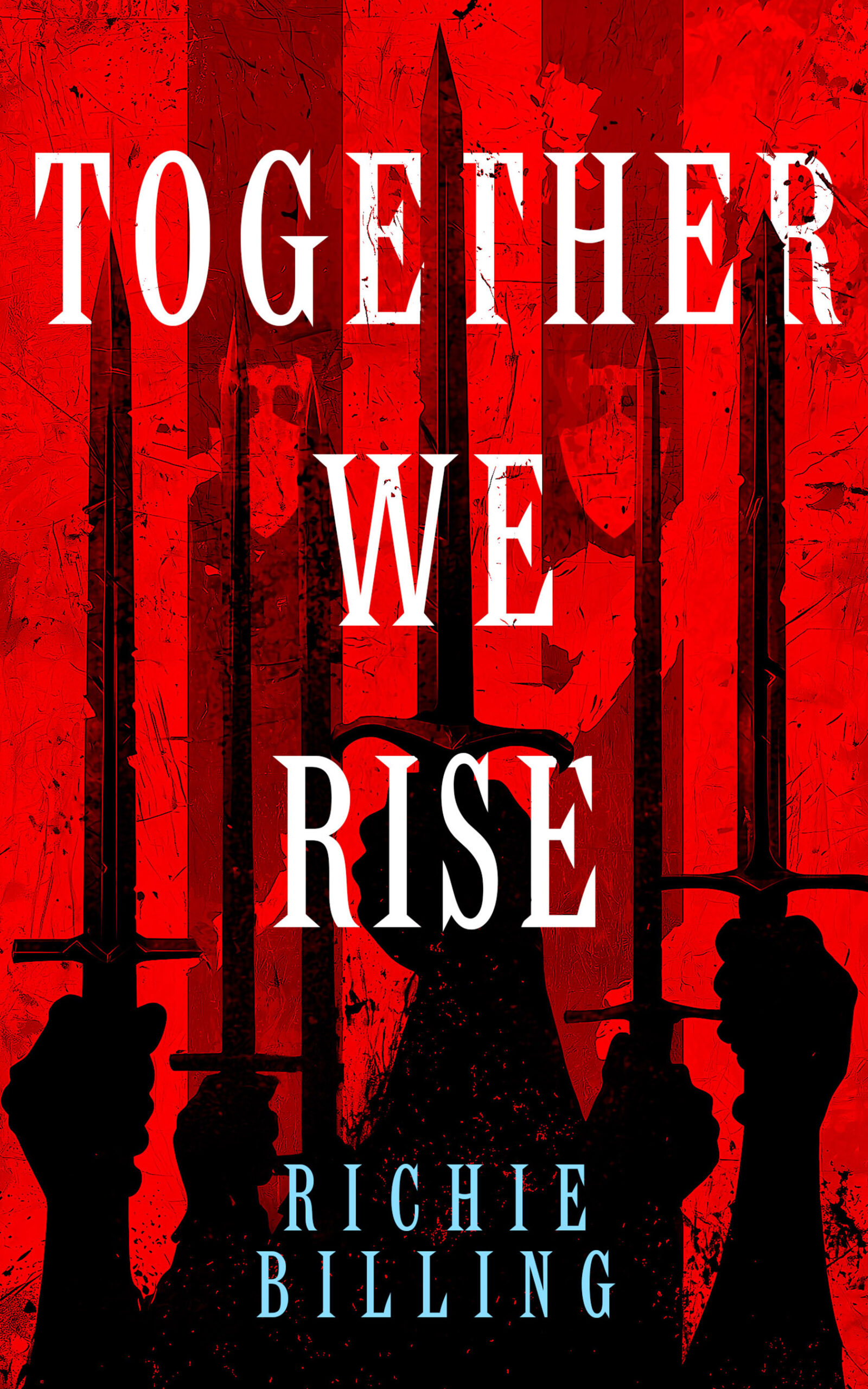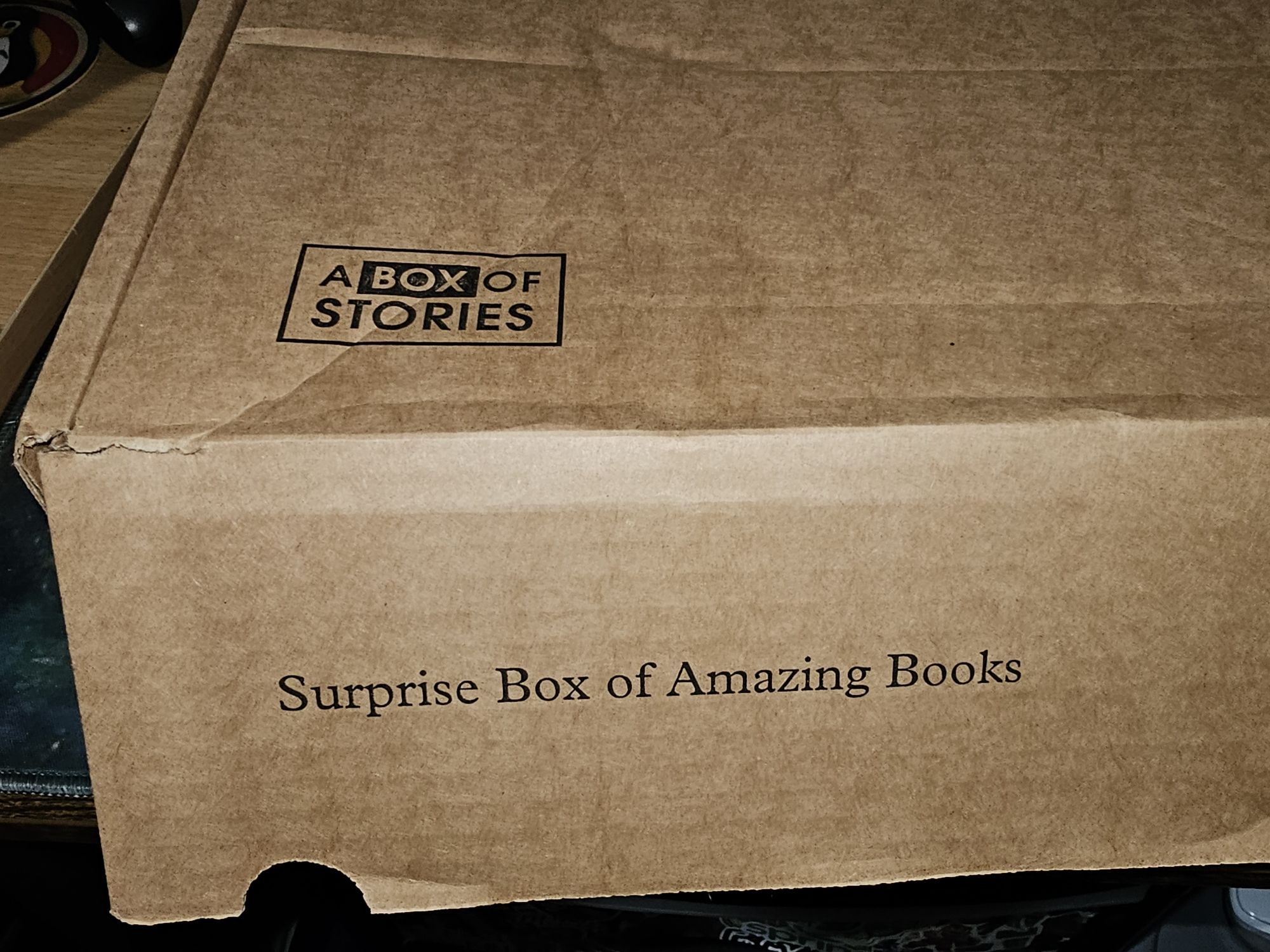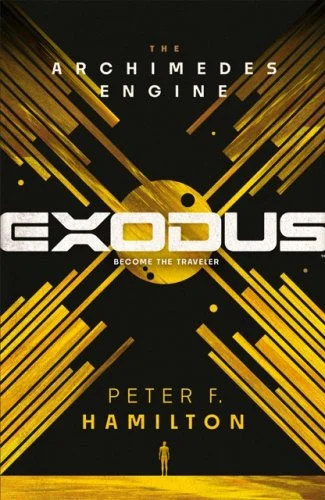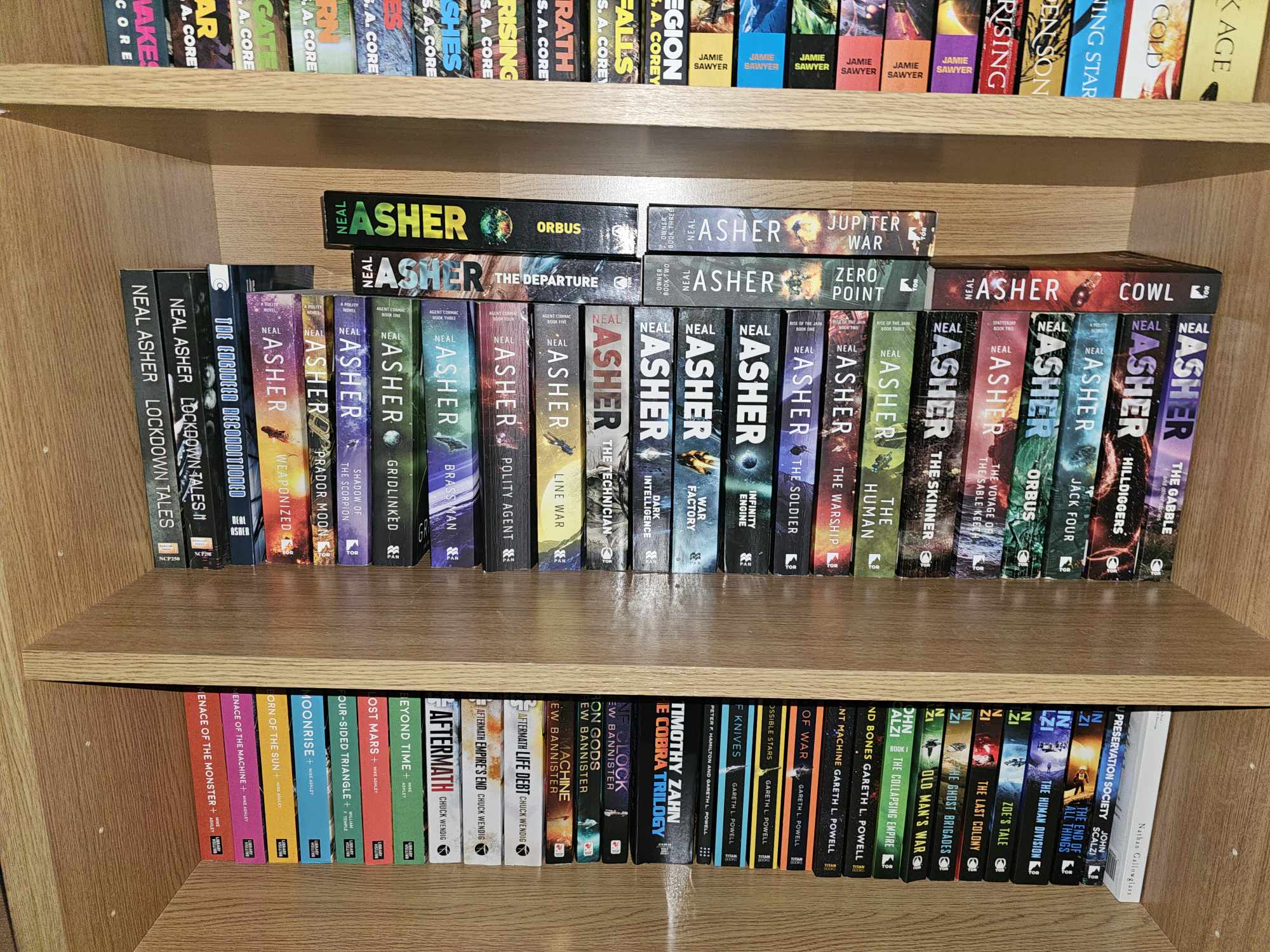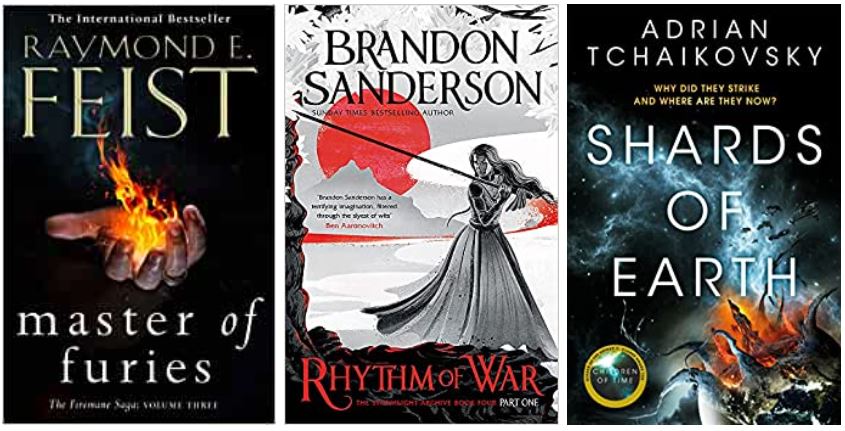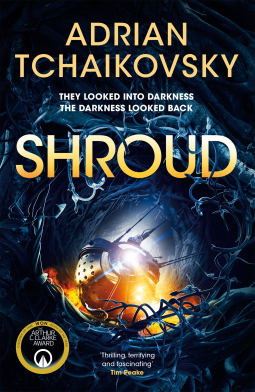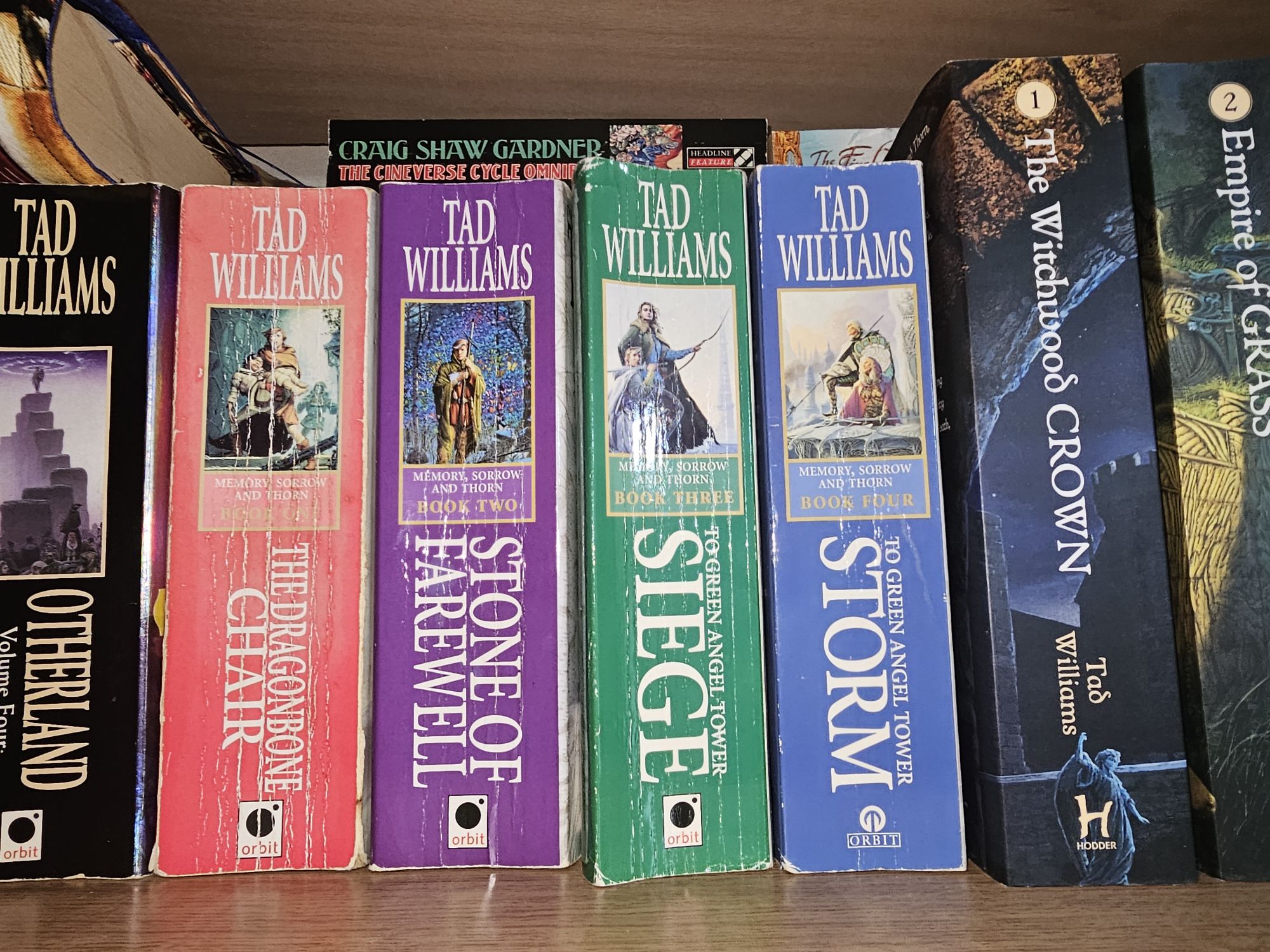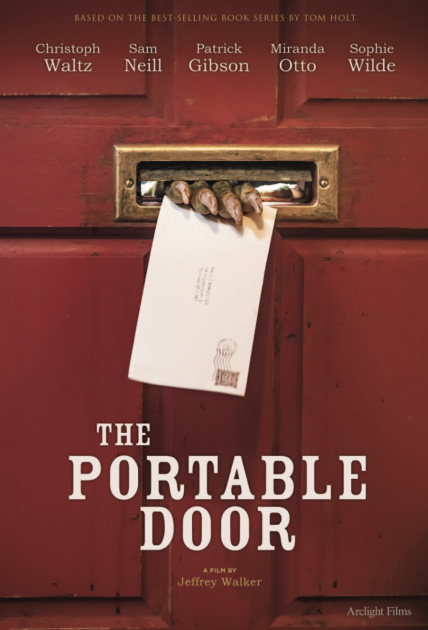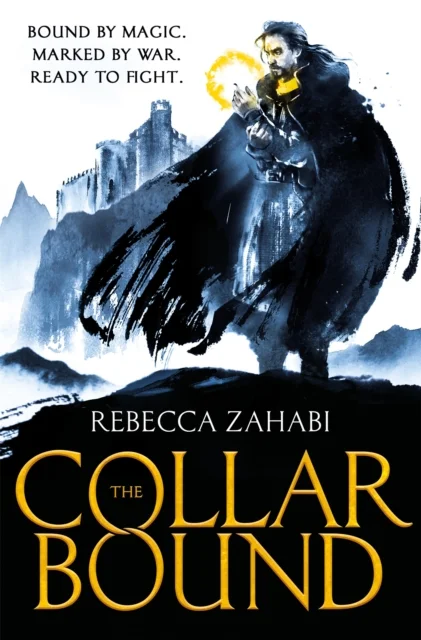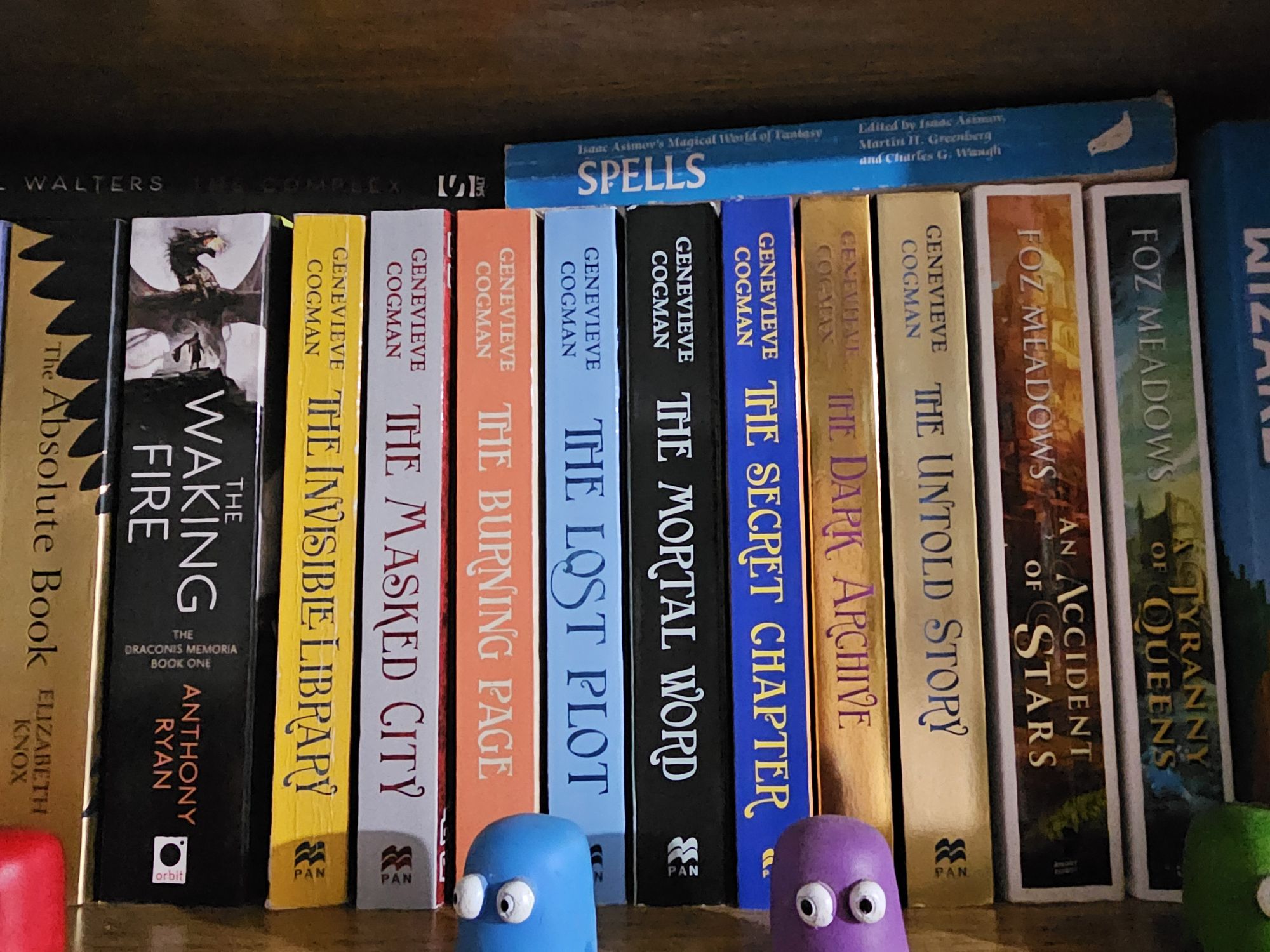Adrian Tchaikovsky is an acclaimed British science fiction and fantasy author. Best known for his Children of Time series and the Shadows of the Apt fantasy series. His stories often incorporate biology, evolution and amazing world-building. Children of Time (2015) won the Arthur C Clarke Award. Adrian has a dedicated following in both Science Fiction and Fantasy and on a personal note is a really nice guy to chat with.
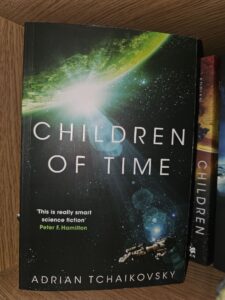
The last remnants of humanity left a dying Earth, desperate to find a new home among the stars. Following in the footsteps of their ancestors, they discover the greatest experiment of the past age: a planet terraformed and prepared for human life. But the planet’s new inhabitants are far from what humanity expected.
On this planet, the remnants of an ancient project intended to uplift apes have instead created an entirely new intelligent species—one that continues to evolve. As humanity’s future hangs in the balance, a struggle for survival and dominance begins, testing the limits of intelligence, empathy, and coexistence.
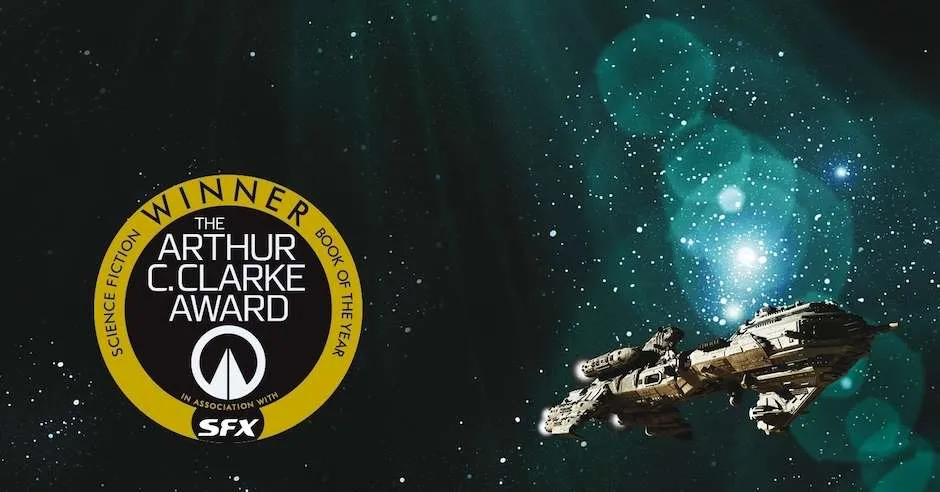
I’m a big fan of Adrian Tchaikovsky’s work, and I was eager to dive into a compelling sci-fi trilogy. Children of Time certainly didn’t disappoint. As always with Tchaikovsky, the world-building is exceptional, and the intricate science behind the evolution of a new species on the planet that fleeing humans are heading toward is fascinating. The humans, escaping a dying Earth, expect to find a world ready for them, where apes have evolved. But, things are far from what they imagined.
The ship’s journey is fraught with tension, politics and conflict. Tchaikovsky masterfully handles the political dynamics within this desperate version of humanity. The story unfolds from two primary perspectives: Holsten, a human classicist aboard the ship Gilgamesh, and Portia, one of the spider creatures who have evolved thanks to the Kern nanovirus. Through Portia’s perspective, we witness the rise of arachnid society, its politics, and its struggles for control—completely unaware that humans are on their way to reclaim what they believe is their new home. The way Adrian explores spider communication via webs is fascinating.
The novel spans generations—achieved through the humans’ cryo-sleep and the spiders’ successive generations—yet the story flows smoothly despite the massive timescale, maintaining a solid pace throughout.
The blend of world-building, scientific depth, and the exploration of evolution and biology is brilliant. It’s an exciting adventure that delves into themes of communication, conflict, and the human condition. While the world-building is extensive and can feel wordy at times, it’s absolutely worth pushing through, as the story is gripping. By the end of the first book, you’ll be ready to pick up the next.
If you love sci-fi with rich world-building, complex characters, and unique species, this is a must-read!
You can purchase Children of Time from your local Bookshop supporting indie bookshops is important and something I am very in favor of. I like nothing more than to browse physical books. Or if you want you can shop at your local Waterstones, or online at Amazon


